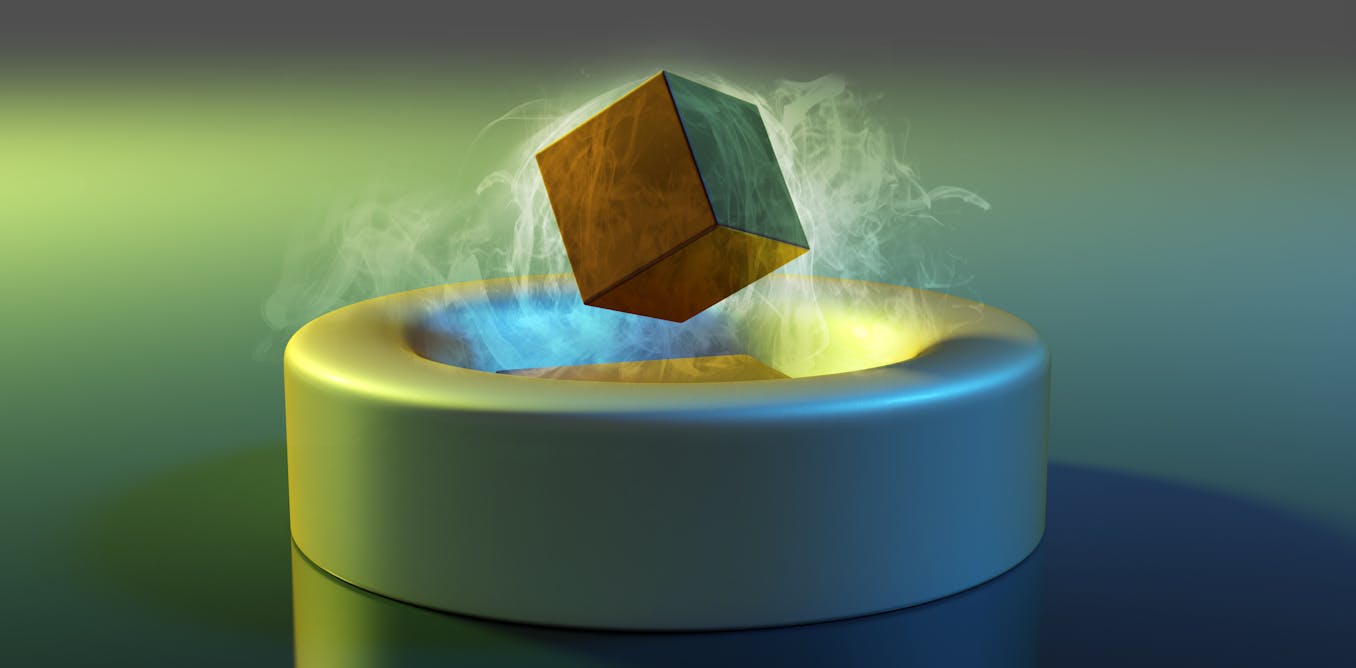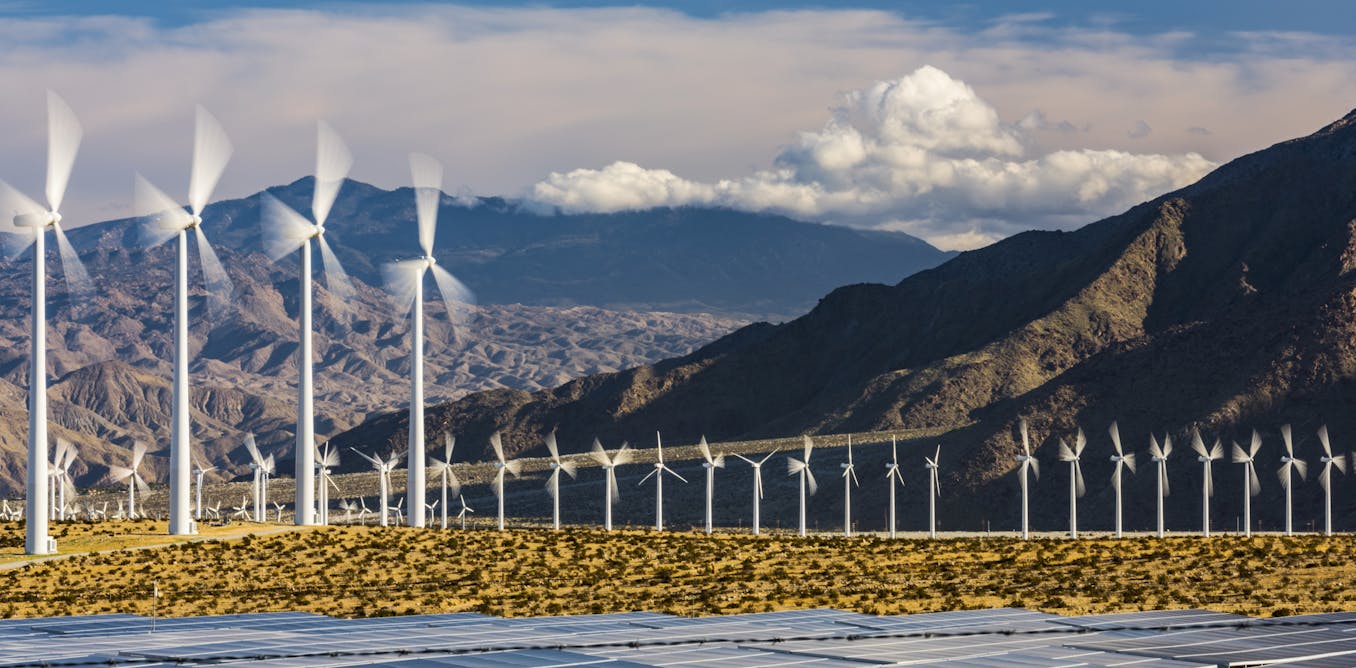How do superconductors work? A physicist explains what it means to have resistance-free electricity
Superconductors are materials that can transmit electricity without any resistance. Researchers are getting closer to creating superconducting materials that can function in everyday life.
Mishkat Bhattacharya, Professor of Physics and Astronomy, Rochester Institute of Technology •
conversation
March 24, 2023 • ~6 min
March 24, 2023 • ~6 min




